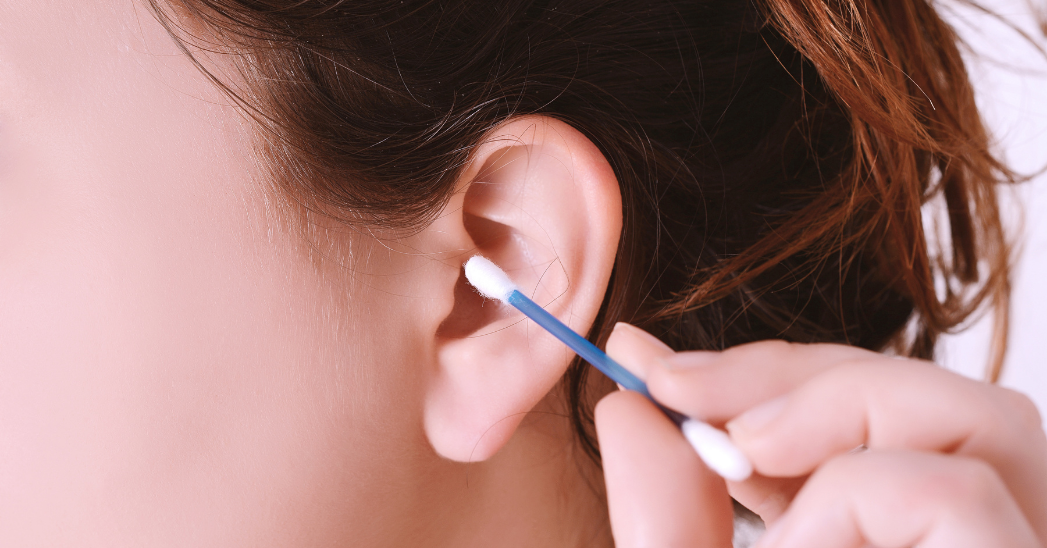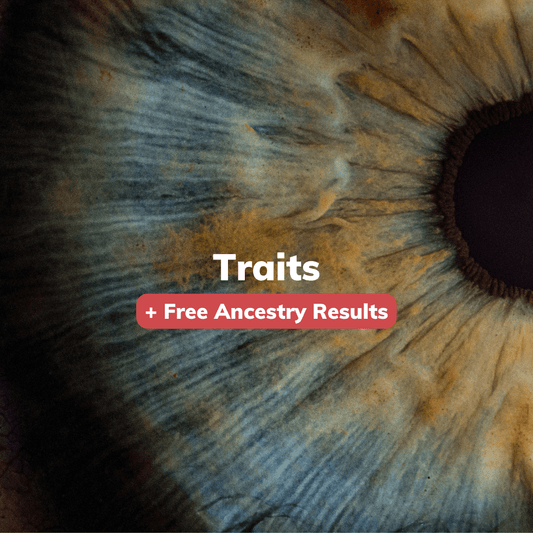
Earwax and body odor
Arno SmitGenetics and the ABCC11 gene largely determine earwax type and body odor. Understanding your genetic predisposition to these traits can be useful in addressing any potential issues.
There are two main types of earwax: wet and dry.
Wet earwax is more common and is typically yellow or brown. This type of earwax generally is less prone to causing problems, as it is more effective at trapping dirt and debris. Dry earwax, on the other hand, is flakier and less sticky. It is typically gray or white in color and is less likely to cause earwax build-up.
Bacteria on the skin break down sweat, causing body odor. Various factors like diet, hygiene, and genetics can influence everyone's unique body odor. Some people are more prone to excessive body odor due to genetics, and multiple factors can cause this.
One such factor is the presence of the ABCC11 gene.
The ABCC11 gene plays a role in the production of earwax and body odor. People with a particular variant of this gene, known as the "non-functional" variant, are more likely to have dry earwax and less body odor. This variant is more common in East Asian populations and is thought to have arisen due to natural selection.
Symptoms of excessive body odor can include solid and unpleasant smells emanating from the armpits, feet, and groin. In some cases, this can lead to social isolation and embarrassment. Earwax build-up can cause symptoms such as earache, hearing loss, and a feeling of fullness in the ear. In severe cases, it can lead to infection.
How do I know if I have the ABCC11 gene?
A genetic test, like our DNA traits kit, can help identify an individual's predisposition to earwax type and body odor. This can be useful in several ways. For example, people prone to wet earwax and excessive body odor may want extra care to practice good hygiene to reduce their risk of body odor.
Wet earwax is more effective for protecting the ear against infections than dry earwax. Wet earwax is more sticky and can thus build-up more easily, although the body is efficient in naturally controlling the amount of earwax produced and excreted.
Against instincts, overly cleaning your ears, especially using earbuds, can actually make you more prone to earwax build-up. If cleaning is needed, rather opt for warm soapy water over the outer parts of your ear or get help from a hearing clinic to deeply clean your ears if necessary.
Additionally, a genetic test can provide valuable information to healthcare providers. Knowing an individual's genetic predisposition to earwax type and body odor can help healthcare providers tailor their treatment recommendations and may even help them identify potential health issues related to these traits.
Overall, understanding one's genetic predisposition to earwax type and body odor can be useful in managing any potential issues and maintaining good overall health. A genetic test can provide valuable information and help individuals and healthcare providers make informed decisions.


